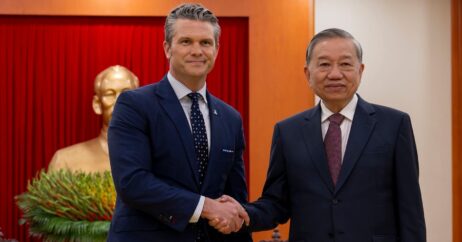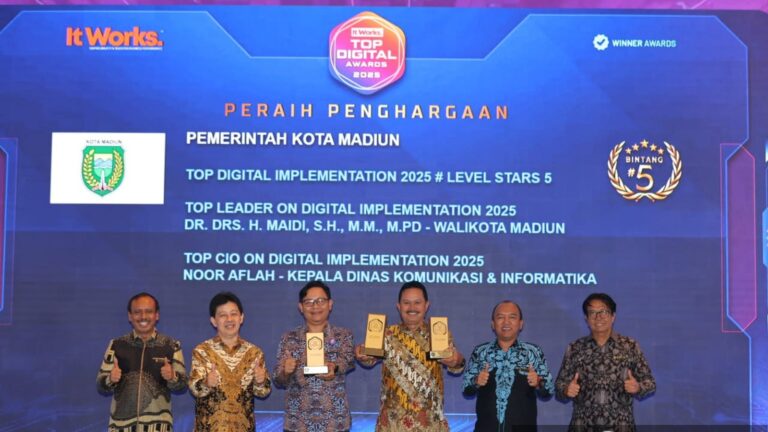Hong Kong — The Chinese government has announced plans to impose new restrictions on the export of critical technologies essential for the production of electric vehicle (EV) batteries and related components. This move, unveiled on Thursday in a public notice by the Ministry of Commerce, underscores Beijing’s strategic response to intensifying competition with the United States in high-tech industries. The timing of the announcement, just weeks before the inauguration of U.S. President-elect Donald Trump, highlights the geopolitical dimensions of the decision.
The proposed measures aim to expand China’s export control list to include technologies related to battery cathode production, alongside existing restrictions on technologies used in processing lithium and gallium. These metals are crucial for manufacturing semiconductors and EV batteries, industries that are at the heart of the global transition to renewable energy and advanced digital infrastructure. If implemented, the controls will likely tighten China’s grip on the supply chains for these indispensable materials.
China’s state-run Xinhua News Agency has framed the proposed regulations as a measure to “strengthen technology import and export management.” Officials have positioned the policy as part of a broader strategy to safeguard national interests while ensuring the sustainable development of key industries. Foreign Ministry spokesperson Mao Ning, addressing the issue during a regular press briefing, reiterated that China’s export control policies are “fair and non-discriminatory,” though such assurances may do little to alleviate global apprehensions about potential supply chain disruptions.
Lithium, often referred to as “white gold,” is a fundamental resource for producing the rechargeable batteries that power modern life. From smartphones to electric vehicles, the demand for lithium-ion batteries is set to soar in the coming decade. A single EV battery requires significantly more lithium than smaller electronic devices, with estimates placing the average requirement at eight kilograms per vehicle. This exponential demand has elevated lithium to a position of strategic importance in global markets.
China’s dominance in lithium processing gives it unparalleled influence over the EV battery supply chain. Adam Webb, an expert at Benchmark Mineral Intelligence, emphasized that Beijing’s proposed restrictions are likely aimed at consolidating this advantage. “Maintaining a 70% share of global lithium processing ensures China’s domestic supply chains remain robust in the face of growing international demand,” Webb told Reuters. This strategy aligns with Beijing’s broader efforts to achieve self-sufficiency in critical technological sectors.
Gallium, another material targeted by China’s export controls, is vital for producing high-performance semiconductors used in applications ranging from satellite communications to advanced radar systems. China’s ability to dominate the supply and processing of such materials has already raised concerns among international stakeholders. The International Energy Agency has projected a significant shortfall in lithium supplies by 2035, warning that current production levels will meet only half of the anticipated demand. This gap underscores the urgency of diversifying global supply chains, a task made more challenging by Beijing’s tightening policies.
In tandem with its proposed technology restrictions, China has also expanded its export control list to include major U.S. defense contractors such as Lockheed Martin and Raytheon Missiles & Defense. The move, announced on Thursday, is seen as a direct response to Washington’s efforts to curtail China’s access to advanced technologies. By targeting dual-use technologies with military and civilian applications, Beijing is leveraging its regulatory powers in a bid to counter U.S. trade policies.
This announcement follows a broader pattern of tit-for-tat measures between the two superpowers. Last month, Beijing imposed an outright ban on the export of several materials critical to semiconductor manufacturing, including germanium and gallium. These actions came in retaliation to the Biden administration’s restrictions on U.S. semiconductor sales to China. The resulting standoff has created an environment of heightened uncertainty for global industries reliant on these technologies.
The implications of China’s export restrictions are vast, affecting industries ranging from automotive manufacturing to renewable energy. A 2023 McKinsey report highlights the scale of the challenge, predicting that global demand for lithium-ion batteries will grow from 700 gigawatt-hours in 2022 to 4,700 gigawatt-hours by 2030. As the world accelerates its transition to electric mobility and renewable energy, securing reliable access to key materials has become a strategic imperative for nations and corporations alike.
China’s policy decisions, framed as a response to external pressures, reflect the broader dynamics of an increasingly multipolar world. The country’s actions to tighten control over critical technologies and materials serve not only as a safeguard for its domestic industries but also as a strategic lever in its complex relationship with the United States. As global demand for EVs and advanced electronics continues to rise, the ramifications of these decisions will resonate far beyond the borders of the world’s second-largest economy.









